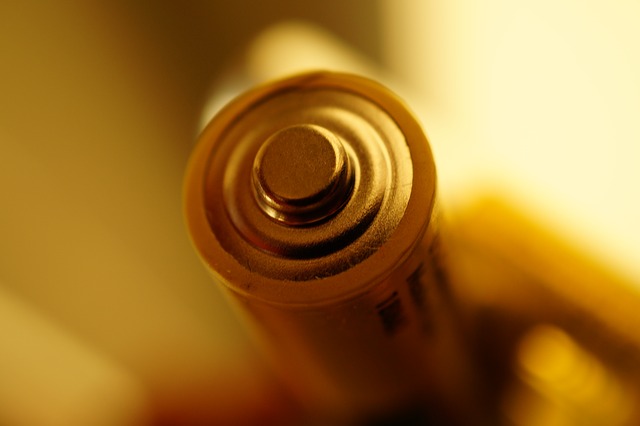
Axios reports that some of the world’s biggest industrial companies including Samsung, Japan’s Hitachi and an alliance of auto giants consisting of Renault, Nissan and Mitsubishi have collectively invested $65 million in Massachusetts-based Ionic Materials. The little-known startup claims to have developed a new composition of matter — a liquid crystal polymer — that can make solid-state batteries a viable alternative to lithium-ion and other high-energy storage technologies that are currently used. If Ionic’s claims including that of their battery being safer, offering better performance and having higher energy density than traditional lithium ion batteries (LBOs) available today are independently validated, they could solve most of the main problems that persist with solid state research.
Specifically speaking, Ionic’s researchers so far have claimed three major breakthroughs. First, they assert that lithium ions, as key components of the battery’s electrochemistry, move as fast if not faster through Ionic’s polymer than they would through a conventional liquid electrolyte system which needless to say, plays a vital role in the continued operation of the battery. This sounds somewhat contradictory since the polymer is a solid, but if validated, this claim would address a major concern associated with the creation of working solid-state batteries.
Another Ionic assertion is that unlike previous solid-state efforts which have been quite complex and expensive, the startups’ polymer works at an impressive 5 volts and can be manufactured simply and cheaply. Third, they’ve stated that all of this happens at room temperature, while most materials in solid-state research operate at about 60° C (140° F).
What are the benefits of solid-state batteries?
Ionic’s technological approach has the potential to address many of the thermal and electrochemical stability concerns that are associated with current electrolyte systems in LBOs available today. Additionally, unlike the current flammable-prone and high heat-creating lithium-ion batteries, solid-state technologies are safer and more energy-dense. Speaking of density, an increase in energy density could effectively provide the best combination of compactness, power and efficiency making batteries smaller, extend the range of electric vehicles and lead to thinner and lighter technology.
The main challenge to crating solid-state batteries, a goal which has been pursued for many decades by many research groups around the world and one that’s recently been propelled by the development of several structural families of highly conductive solid electrolytes, has been that of discovering a material with all of the right properties. Unfortunately, and despite a high-stake global race currently under way to create solid state technology, research for a more powerful product has not ventured, as yet, much beyond the lab. If Ionic Materials‘ claims of their plastic solid-state battery approach are validated, we could finally be closer to a revolutionary new type of tech. That said however, and as Axios points out, the company has not released much data on their technology. We still don’t know for example the rate capability of solid-state cells, in particular those employing cathodes and those utilizing high-voltage cathodes. Furthermore, considering that solid-state research has intensified dramatically, many industry experts remain skeptical of how close the Ionic’s researchers actually are to a working product.
Reference: Axios

The weekly battery breakthrough. One after another yet none ever get to market.
Call me the decade one becomes available